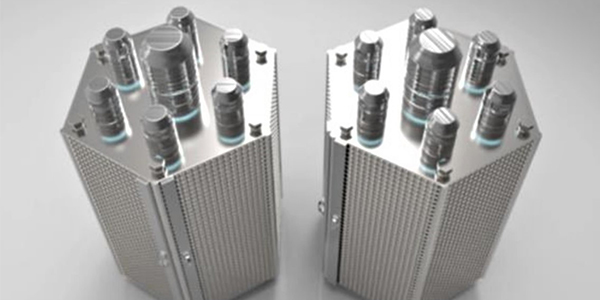If one business consultant’s vision proves correct, MISO stakeholders learned Tuesday, future neighborhoods will be self-contained developments with their own power sources.
Speaking at MISO’s July Informational Forum, Josh Hodge, CFO of Peoria, Ill.-based Dukes Business Consulting, said zero-carbon-footprint microcities independent of the grid are a possibility. He said the future could lead to vertical gardens on city blocks and parking garages with solar canopies and car-charging stations.
Hodge said microcities offer a sustainable model that can tackle the affordable housing crisis and cities’ “food deserts”: urban areas that lack easy access to fresh and nutritious food.
He said the developments would include hybrid, solar-and-storage resources. The net-zero electricity use could mean residents won’t have electricity bills.
“Massachusetts and California already require solar installations to be coupled with storage, and we expect to see this trend to spread,” Hodge said.
EverForce Energy’s new Magnetic Transducer Generator stands to be a gamechanger for microcities, he said. Hodge said the technology can produce continuous energy without a fuel source, with one 5-MW generator providing uninterrupted, clean energy for roughly 1,000 homes for more than 20 years.
“And this is all with minimal maintenance and minimal impact on the environment,” he said.
Hodge said microcities can “supply and manage their own energy needs, and only connect to the grid to sell excess energy.”
“During emergencies, they could disconnect from the grid to protect themselves or the larger grid,” he said.
Hodge acknowledged microgrids will also cut the need for new generation and transmission and could draw customers away from utilities. While that may be bad news for utilities, he said some could make lemonade from lemons and embrace the increased reactive power and frequency and voltage regulation.
He also said new monitoring technologies on distribution systems could allow utilities to use microgrids’ stored supply when necessary.





